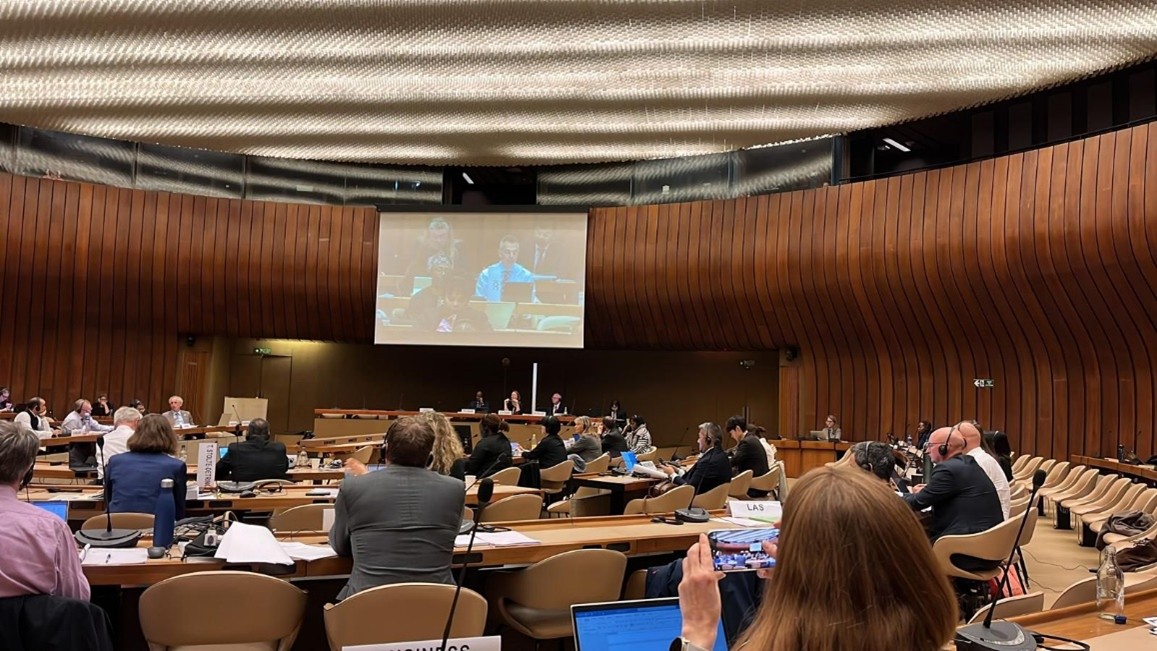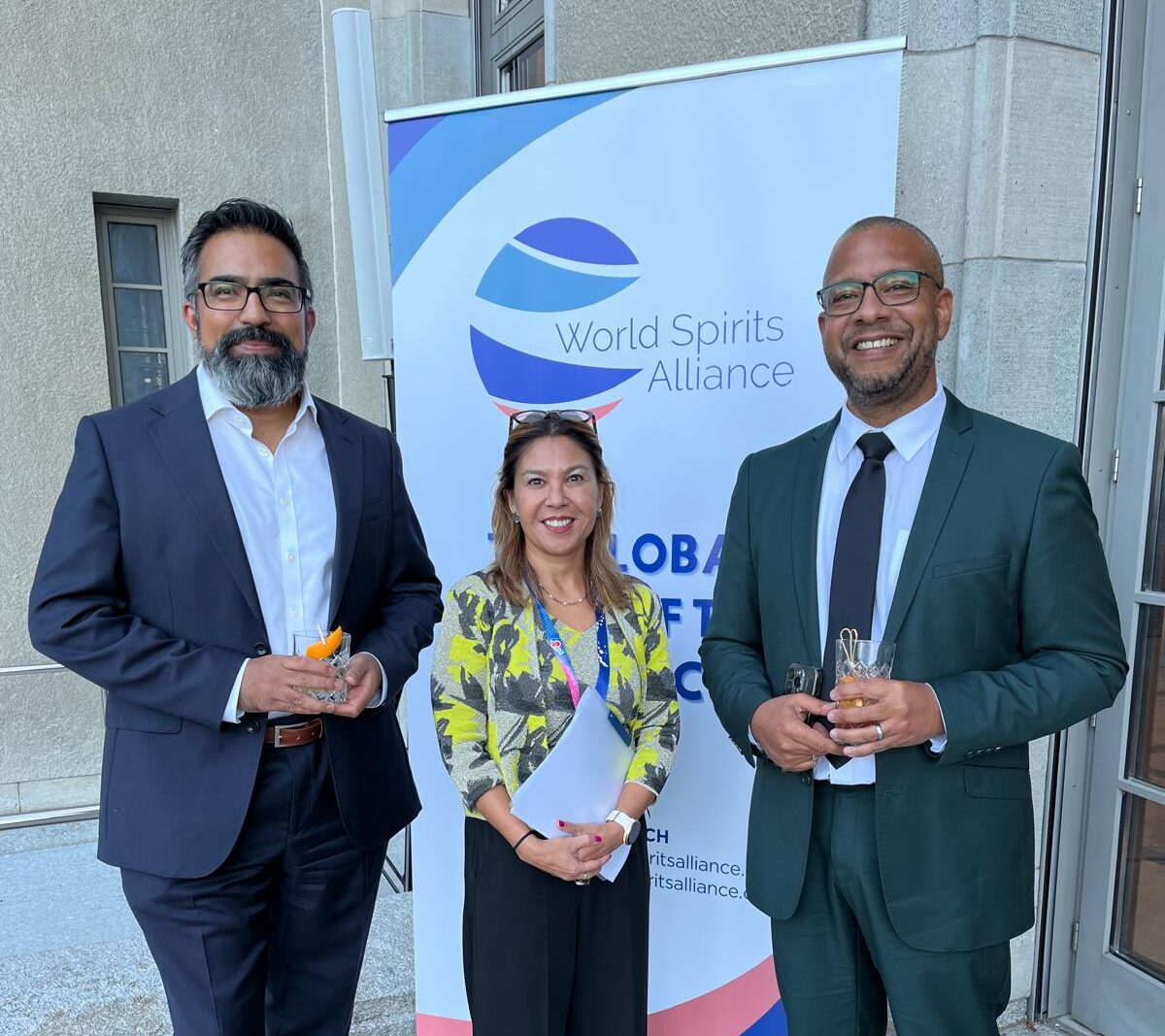Shaping Balanced & Effective Taxation Policies
In October 2024, the UN Tax Committee convened in Geneva to discuss international tax policies, including recommendations on alcohol taxation. Given the growing focus on health-driven tax measures, this session was a crucial opportunity to ensure a fair and evidence-based approach to alcohol excise policies. Representing the WSA, Helen Medina, CEO, and Nicholas Grant, Chair of the WSA’s Tax Committee, participated in the discussion addressing the Committee on behalf of WSA members.
The UN Tax Committee, comprising 25 members nominated by Governments and appointed by the UN Secretary-General, plays a vital role in shaping international tax policies. It also has a role in assisting countries in adopting the most effective health taxes, to balance public health priorities with economic considerations.
WSA’s Position on Alcohol Taxation
The WSA highly appreciates the hard work the Committee has undertaken on this challenging topic. During the discussions it aligned with several key considerations for strengthening alcohol taxation:
- A Comprehensive Approach: Alcohol taxes should be part of a comprehensive policy package consider the local economic and cultural contexts).
- Specific Taxation: WSA supports specific excise taxation is to structure alcohol taxes.
- Ethanol-Based Taxation for Harm Reduction: To effectively limit harm, taxes should be based on the ethanol content of the beverage.
- Drinking Patterns Matter – Not the Type: We also agreed with the Committee’s acknowledgment that heavy drinking patterns and the types of alcohol abuse vary across consumers, age groups, regions, and countries. It’s crucial to emphasize that any category of alcohol can be misused—it’s not the type of drink, but the amount consumed that is key.
Collaboration for Balanced Tax Policies
As taxation policies continue to evolve, WSA remains committed to collaborating with the UN Tax Committee and international policymakers to ensure balanced, effective policies that address the harmful consumption of alcoholic beverages.



